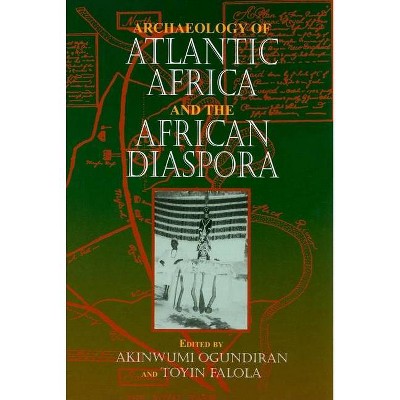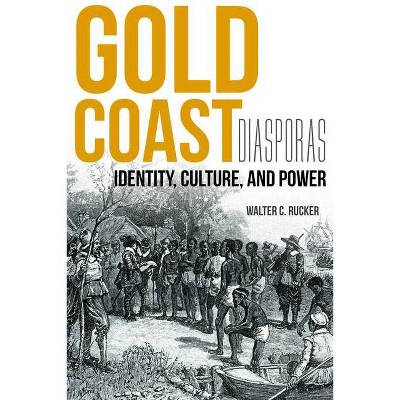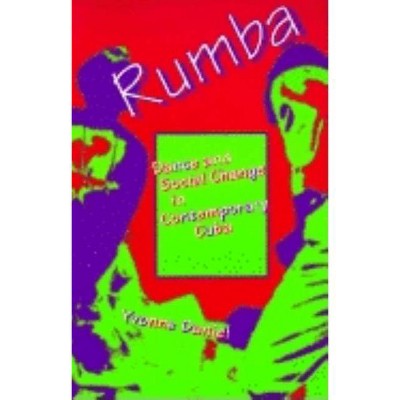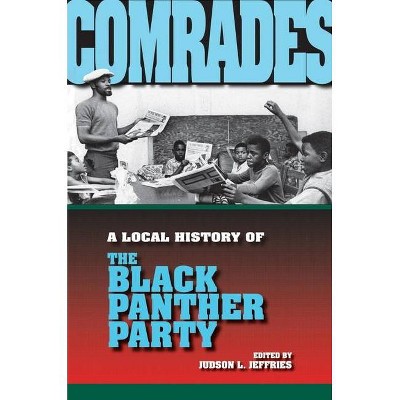Haitian Revolutionary Studies - (Blacks in the Diaspora) by David Patrick Geggus (Hardcover)

Similar Products
Products of same category from the store
AllProduct info
<p/><br></br><p><b> About the Book </b></p></br></br>Questions about ethnicity, identity, and historical knowledge inform this essential study of a complex revolution.<p/><br></br><p><b> Book Synopsis </b></p></br></br><p>The Haitian Revolution of 1789-1803 transformed the Caribbean's wealthiest colony into the first independent state in Latin America, encompassed the largest slave uprising in the Americas, and inflicted a humiliating defeat on three colonial powers. In Haitian Revolutionary Studies, David Patrick Geggus sheds new light on this tremendous upheaval by marshaling an unprecedented range of evidence drawn from archival research in six countries. Geggus's fine-grained essays explore central issues and little-studied aspects of the conflict, including new historiography and sources, the origins of the black rebellion, and relations between slaves and free people of color. The contributions of vodou and marronage to the slave uprising, Toussaint Louverture and the abolition question, the policies of the major powers toward the revolution, and its interaction with the early French Revolution are also addressed. Questions about ethnicity, identity, and historical knowledge inform this essential study of a complex revolution.</p><p/><br></br><p><b> Review Quotes </b></p></br></br><br><p>Only two of the 13 essays in Geggus's specialized examination of large and minor themes in Haiti's revolutionary history are new: his exploration of the so-called Swiss rebel slaves who were armed by free coloreds, and his discussion of the resettlement around the Caribbean of those slaves who allied with Spain against France. The others, which appeared in scholarly and regional journals as long ago as 1980, as well as in a guidebook, have been revised and updated. Together they comprise an important corpus of research on aspects of the Haitian Revolution (1791-1803) and the complementary events that the cataclysm in the French colony precipitated. As Geggus (Univ. of Florida) explicitly and implicitly shows, cataclysm is not too strong a word to describe the slave uprisings and subsequent colonial and anticolonial maneuverings that resulted in the emancipation of 500,000 slaves in one of the most productive and profitable colonies in the world. Geggus asserts that the Haitian Revolution involved the greatest degree of mass mobilization and brought the greatest degree of social and economic change of all of the independence struggles in the Americas. His chapters develop and deepen aspects of that generalization. Summing Up: Recommended. Graduate students and faculty.March 2003</p>--R. I. Rotberg "Harvard University"<br><p/><br></br><p><b> About the Author </b></p></br></br><p>David Patrick Geggus is Professor of History at the University of Florida, Gainesville. He is the author of Slavery, War, and Revolution, editor of The Impact of the Haitian Revolution in the Atlantic World, and co-editor (with David Barry Gaspar) of A Turbulent Time: The French Revolution and the Greater Caribbean (Indiana University Press).</p>
Price History
Price Archive shows prices from various stores, lets you see history and find the cheapest. There is no actual sale on the website. For all support, inquiry and suggestion messagescommunication@pricearchive.us




















